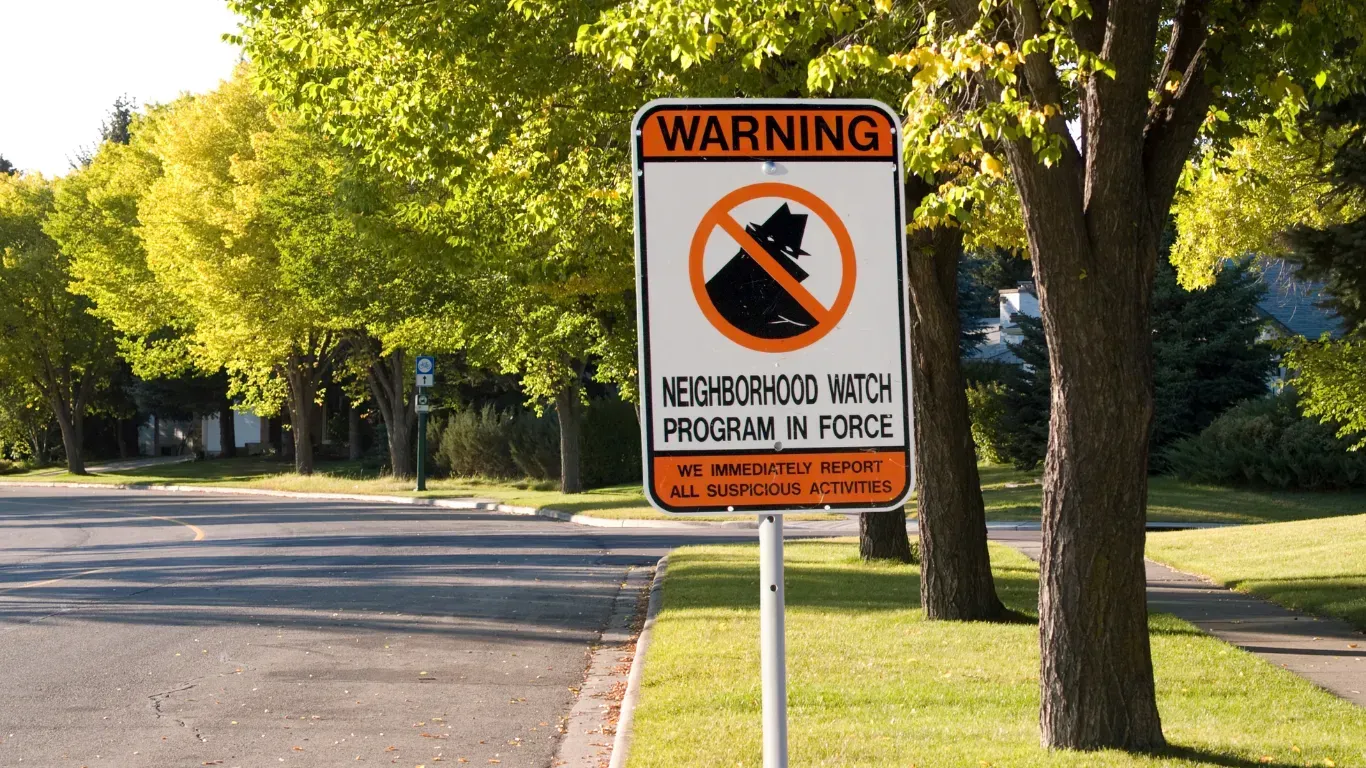The Importance of Children Setting Boundaries: Teaching Self-Respect and Emotional Health by Vivian Havlin
This article has been written by Vivian Havlin

The Importance of Children Setting Boundaries: Teaching Self-Respect and Emotional Health
by Vivian Havlin
As adults, we know how vital it is to set personal boundaries. They help us protect our emotional space, maintain healthy relationships, and take care of our well-being. But how often do we stop and think about how important it is for children to learn this skill too?
As a mother, I can tell you — teaching kids about boundaries is one of the greatest gifts we can give them. It's not just about saying "no"; it's about building the foundations of self-respect, emotional strength, and the confidence to navigate life’s challenges.
Children are still figuring out the world around them. Boundaries give them the tools they need to interact confidently, protect themselves, and build strong, respectful relationships. Let’s dive into why it’s so important for kids to learn about healthy boundaries — and how we, as adults, can guide them along the way.
1. Helping Kids Build Self-Respect and Confidence
At its heart, setting boundaries teaches children to value themselves. When they learn how to express their needs, wants, and limits, they start to build a sense of self-worth that no one can take away.
When a child knows it's okay to say, "I don’t like that," or "Please don’t touch my stuff," they begin to realize that their voice matters. They understand that their comfort, safety, and feelings are important — just as important as anyone else's. This early sense of empowerment lays the groundwork for strong emotional health as they grow.
2. Teaching the Foundations of Healthy Relationships
Boundaries are key to healthy connections with others. As children make friends, interact with teachers, and build social skills, it's crucial they know it’s okay to speak up when something doesn’t feel right.
For instance, if a child doesn’t want to share a toy, it’s perfectly fine for them to say so respectfully. These small moments teach them that it’s normal to advocate for themselves — and that true friendships respect personal limits. Learning this early helps them build deeper, more respectful relationships later in life.
3. Growing Emotional Intelligence
Setting boundaries is closely tied to emotional intelligence — the ability to understand and manage our emotions. When children set boundaries, they’re tuning into their feelings and learning how to communicate them effectively.
Maybe a crowded room feels overwhelming, or maybe a game gets too rough. Teaching kids to say, “I need a break,” or “That’s too much for me,” helps them become more self-aware. Over time, they’ll be better equipped to manage stress, cope with challenges, and take care of their emotional needs.
4. Protecting Kids from Exploitation and Abuse
One of the most important reasons to teach children about boundaries is to keep them safe. Kids need to know that they have the right to say “no” — even to adults — if something feels wrong.
By helping children trust their instincts and assert their limits, we give them the tools to recognize unsafe situations and speak up. It’s not about making them fearful; it’s about empowering them to protect their bodies, their feelings, and their dignity.
5. Reducing Peer Pressure and Encouraging Assertiveness
As children grow older, peer pressure becomes a real challenge. Whether it’s feeling pushed to join in risky behavior or just going along to fit in, kids often face difficult social situations.
Teaching them to set boundaries — and to say “no” confidently and respectfully — gives them the strength to stay true to themselves. It helps them make choices based on their values, not because they feel pressured by others. This kind of assertiveness is a powerful skill that will serve them well their entire lives.
6. Creating a Safer, More Supportive Environment
When kids learn to set boundaries — and when the adults around them honor those boundaries — it creates a more supportive, compassionate environment. It teaches children that everyone deserves respect and consideration.
Whether at home, school, or among friends, respecting personal space and emotional needs helps everyone feel safer and more understood. And when children learn to respect both their own boundaries and those of others, they're helping build a more empathetic, kinder world.
7. Leading by Example: How Adults Teach Boundaries
The best way to teach children about boundaries? Model them.
Children are always watching — and learning. If they see you set healthy limits with others, honor your own need for space, and communicate respectfully, they’ll naturally start to mirror that behavior.
For example, setting aside quiet time for yourself shows kids that it’s okay to prioritize their own needs. Respecting your child's request for privacy shows them that their feelings and space matter. In every little action, you’re showing them how boundaries work — and why they’re so important.
Empowering Our Children for a Stronger Future
Teaching kids about boundaries isn’t just about protecting them in the moment — it’s about preparing them for a lifetime of emotional resilience, healthy relationships, and strong self-respect.
It starts with open conversations, consistent examples, and a lot of encouragement. Remind them often: Your feelings matter. Your body matters. Your voice matters.
With these lessons firmly rooted early on, our children can grow up knowing they have the right to stand tall, speak up, and be treated with the respect they deserve — while also offering that same respect to everyone they meet.
Let's give them that gift.
Until next time, stay informed, stay safe, and watch out for one another. Because when we know better, we protect better.
Need help or have questions?
📞 Call our office at 305-470-1670
🌐 Visit us online at www.citizenscrimewatch.org


Share this article





